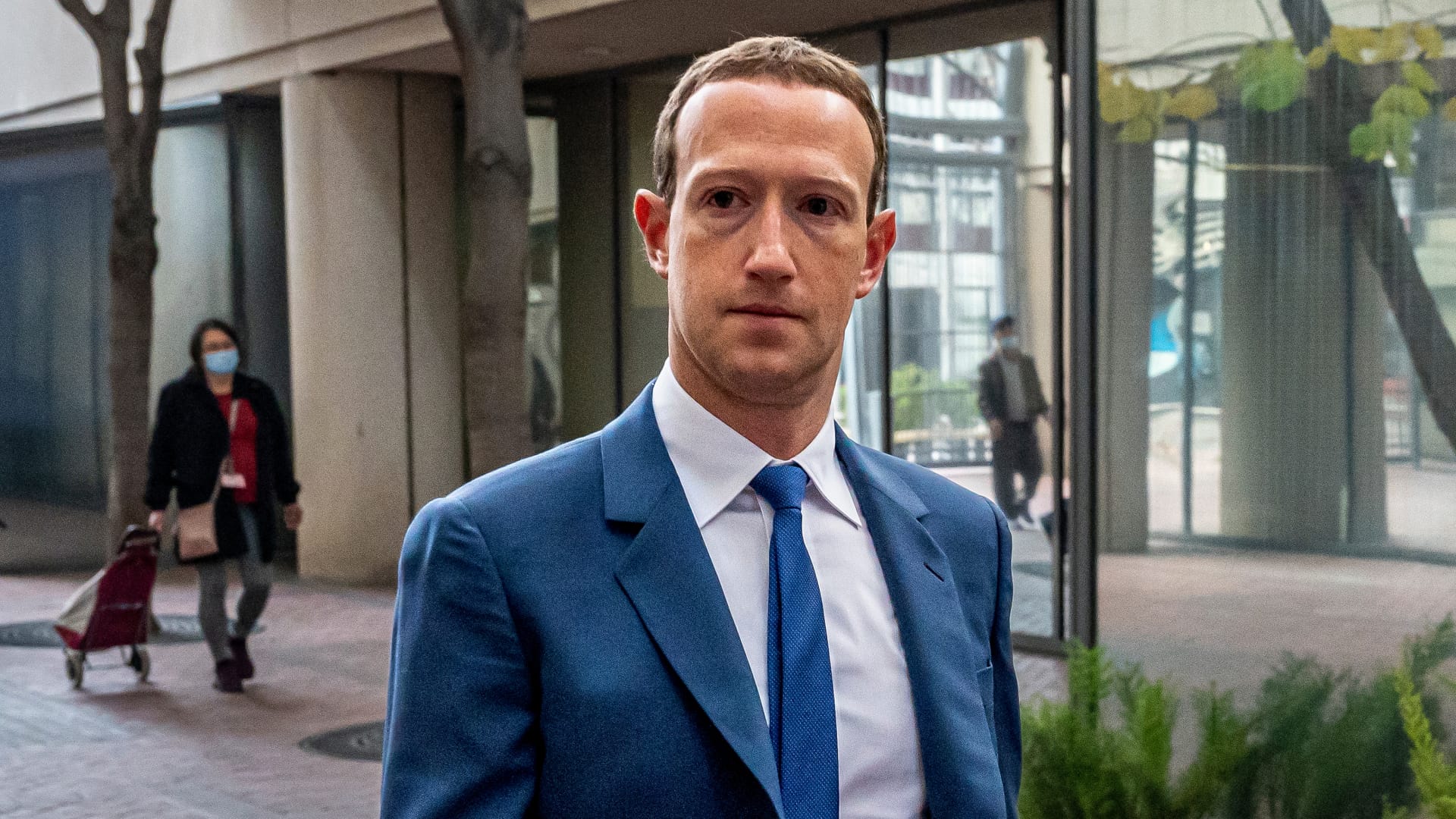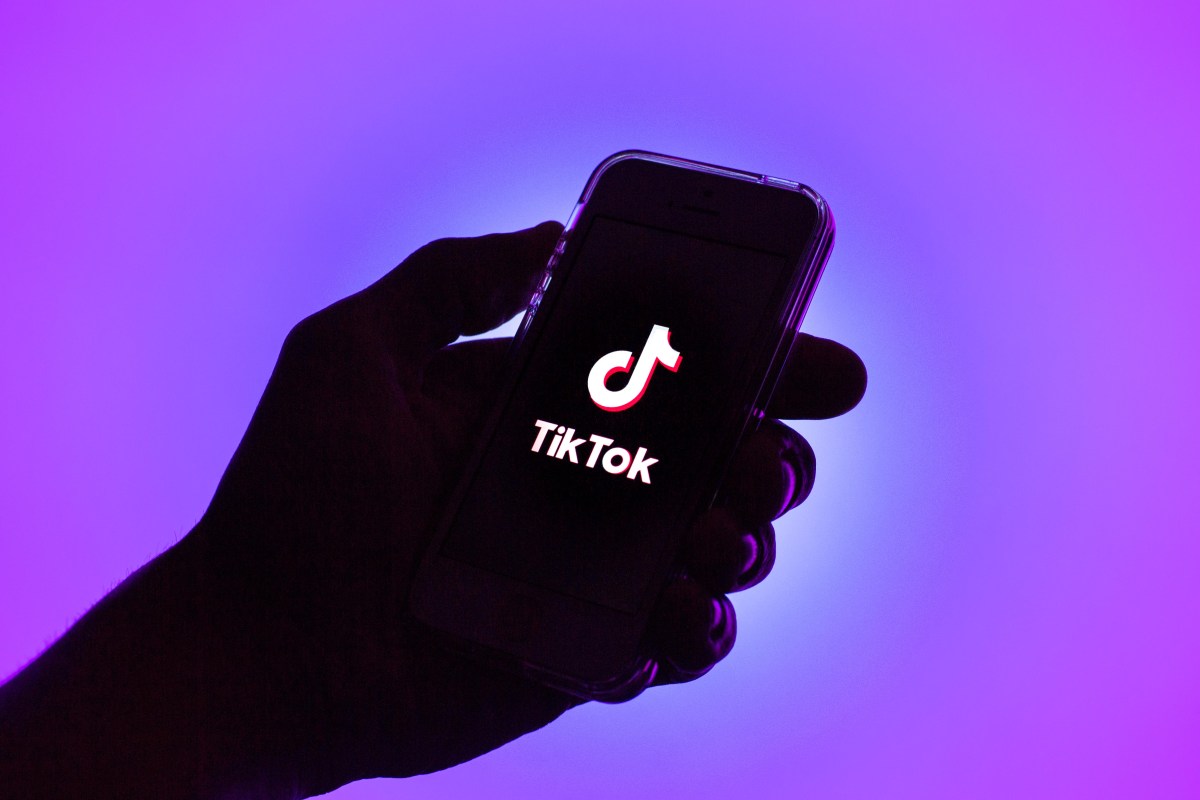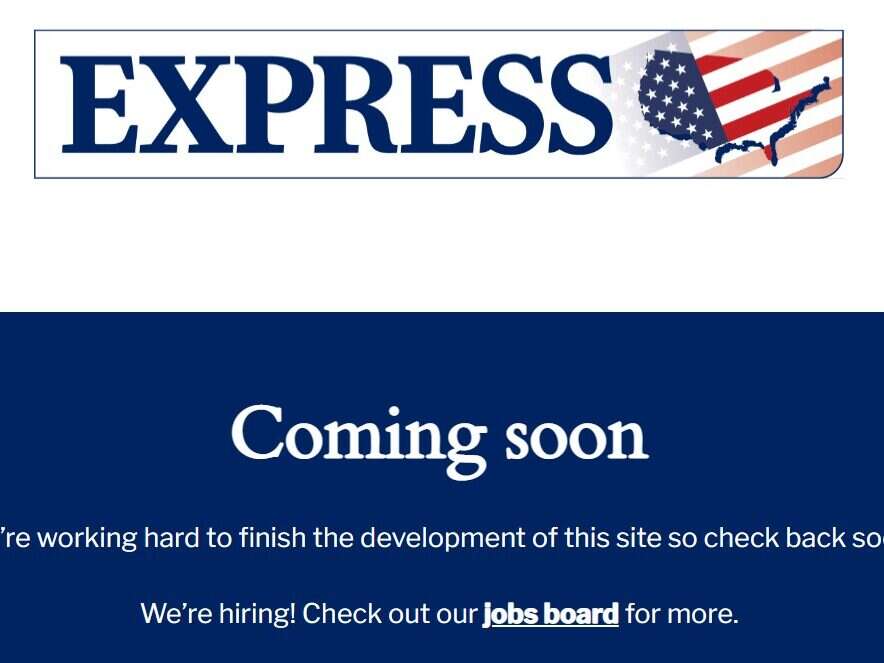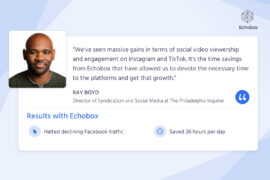Happy New Year, everyone! In this first Roundup of 2023: A bumper fine for Meta, but what does it mean for Big Tech’s revenue models? And what will the future hold for TikTok in the US?
News

You may remember a few weeks ago, we noted that Meta was facing a large fine levied by the Irish Data Commissioner for breaches of GDPR law. Well, according to Ryan Browne at CNBC, the results are in, and that fine is over $222m. A second fine of $192m for GDPR violations has also been given to Instagram, taking the total penalty north of $400m (Meta plans to appeal).
The crux of the matter in Meta’s case was whether it should be allowed to use personal data for personalized ads without users explicitly opting in.
If Meta’s appeal is unsuccessful, it could mean major problems for its already bruised advertising business.

After passing legislation banning TikTok on government owned devices, US lawmakers may be looking at more sweeping action against the social media company. This after FCC commissioner Brendan Carr praised India’s 2022 decision to impose a blanket ban on TikTok.
Writing for TechCrunch, Manish Singh quotes Carr as saying that he is concerned that the Chinese government could use personal data from the platform for the purposes of “blackmail, espionage, foreign influence campaigns and surveillance.”
TikTok is used by an estimated 140m people in the US, with especially high usage among younger people.
Analysis
So, what does the EU’s latest ruling against Meta mean for big tech’s business model? As Morgan Meaker argues in this article for Wired, at the extreme end, this could signal the death knell for a predominant form of tech capitalism.
Meta argues that the ruling will simply force them to find another way to legally justify the status quo. If they are unable to do so, access to the European market will force them to grant users far greater control over the use of their data.
Declines in print revenues are forcing British news publishers across the pond in search of advertising dollars. That’s according to this piece by William Turvill for the Press Gazette.
Analysis by the Press Gazette shows that of the top 20 news sites in the US, three are UK publishers and these sites are displaying strong year-on-year growth. The US represents a lucrative market for UK publishers, with potential ad revenues much higher and a strong dollar all contributing factors.
AI
Audiobooks are big business, so it only makes sense that tech giants are going after a piece of the pie. According to Leyland Cecco, writing in The Guardian, Apple has unveiled a new collection of audiobooks narrated by AI.
The move has sparked consternation in some sectors of the publishing industry including professional voice actors and even authors themselves, who are increasingly asked to narrate their own work.
Some are also skeptical of the quality of an AI generated narrator who doesn’t grasp the nuances of the text. As literary agent Carly Watters notes in the piece: “Companies see the audiobooks market and that there’s money to be made. They want to make content. But that’s all it is. It’s not what customers want to listen to. There’s so much value in the narration and the storytelling.”

Spare a thought for the poor lawyer. After years of hearing how AI will take your job, it seems that technology is finally catching up to the legal profession.
According to Snejana Farberov in the New York Post, a program created by AI company DoNotPay will represent a defendant in court over a contested speeding ticket.
The program will run on the defendant’s phone, listening to proceedings and feeding lines back to them through headphones. The defendant will only respond with the words generated by the AI.
Joshua Browder, DoNotPay’s CEO, said that “a lot of lawyers are just charging way too much money to copy and paste documents and I think they will definitely be replaced, and they should be replaced.”






